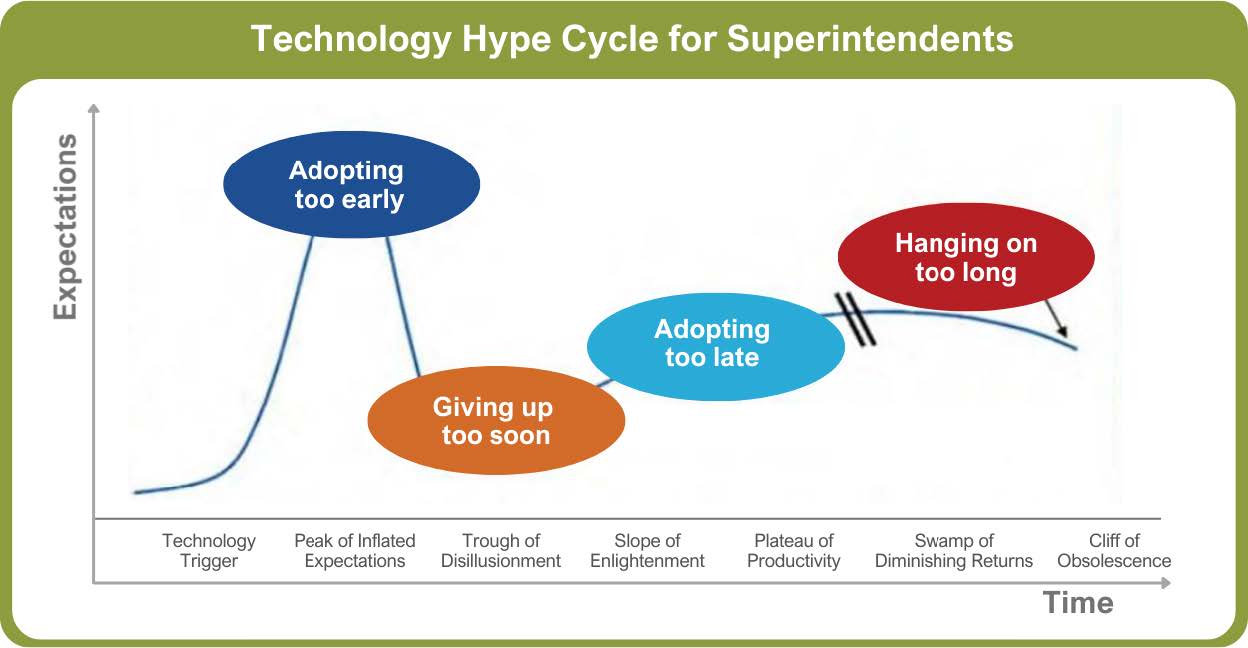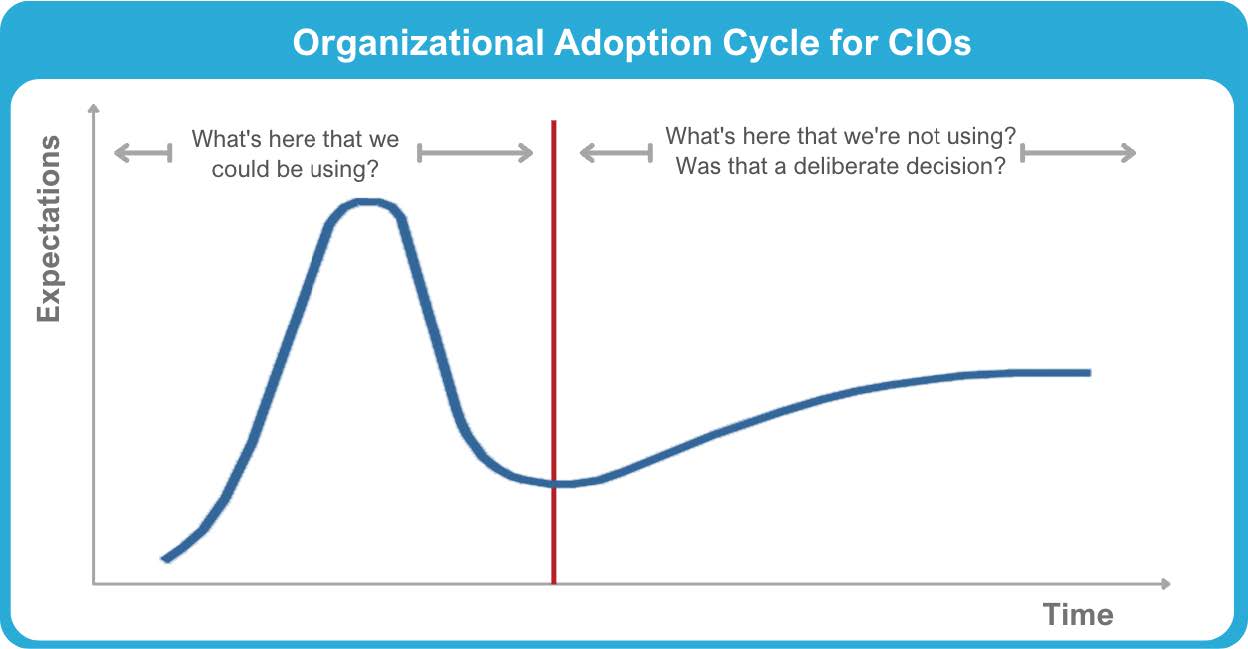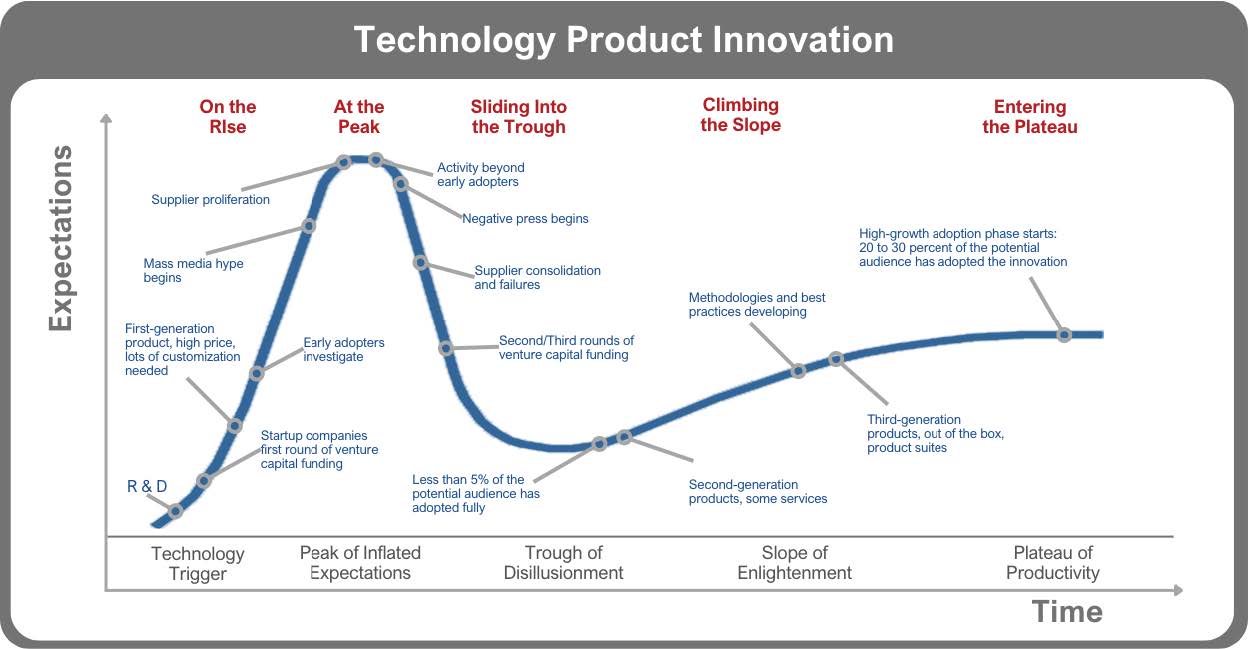Supporting Resources and Guidance
Several state and national initiatives provide guidance and recommendations that directly influence the KDE's strategic direction and the Kentucky Education Technology System Master Plan. This section contains summaries of initiatives that collectively guide our daily efforts with links to the full publication or website.
 Guidance for the Use of AI in the K-12 Classroom - Southern Regional Education Board
Guidance for the Use of AI in the K-12 Classroom - Southern Regional Education Board
 AI Tool Procurement, Implementation and Evaluation Checklist - Southern Regional Education Board
AI Tool Procurement, Implementation and Evaluation Checklist - Southern Regional Education Board
 AI Commission Recommendations - Southern Regional Education Board -The 12 policy recommendations of AI in the Education committee in 2025 will be kept up to date as AI evolves.
AI Commission Recommendations - Southern Regional Education Board -The 12 policy recommendations of AI in the Education committee in 2025 will be kept up to date as AI evolves.
 Topic: AI in Education - Southern Regional Education Board - This link will take you to more excellent, additional information on AI in Education from SREB.
Topic: AI in Education - Southern Regional Education Board - This link will take you to more excellent, additional information on AI in Education from SREB.
 U.S. Department of Education – The U.S. Department of Education (USDE) Office of Educational Technology implements policies and guidance on issues relating to statutory and regulatory compliance. The USDE Privacy Technical Assistance Center (PTAC) makes recommendations and provides resources for education stakeholders on issues around data privacy, confidentiality, and security practices related to student-level data systems and other uses of student data. OET aligns internal and district student privacy and data use guidance to USDE recommendations.
U.S. Department of Education – The U.S. Department of Education (USDE) Office of Educational Technology implements policies and guidance on issues relating to statutory and regulatory compliance. The USDE Privacy Technical Assistance Center (PTAC) makes recommendations and provides resources for education stakeholders on issues around data privacy, confidentiality, and security practices related to student-level data systems and other uses of student data. OET aligns internal and district student privacy and data use guidance to USDE recommendations.

Kentucky Auditor of Public Accounts – While KDE may participate in various audits throughout the year, the largest in scale, and perhaps most beneficial, is the annual statewide audit by the Kentucky Auditor of Public Accounts (APA). OET addresses APA findings and implements required measures to ensure appropriate technology controls and procedures are in effect in daily operations.

Data Quality Campaign – OET has made great progress to collect useful data and make it available to educators at all levels. The Data Quality Campaign (DQC) is the nation's foremost organization advocating for effective data policy and use. OET participates in DQC initiatives and uses DQC resources to identify best practices to advance the continued development, refinement, and implementation of systems and processes that advance the effective use of data.

Council of Chief State School Officers – KDE leadership joins other state education agency heads in the Council of Chief State School Officers (CCSSO) to share and learn about best practices to support local education agencies in meeting the needs of each student in Kentucky's schools. CCSSO provides leadership, advocacy, and technical assistance on major educational issues. CCSSO seeks member consensus on major educational issues and expresses their views to civic and professional organizations, federal agencies, Congress, and the public.

Future Ready Schools – Future Ready Schools® helps education leaders plan and implement personalized, research-based digital learning strategies so all students can achieve their full potential. Future Ready Schools provides resources and support to ensure that local technology and digital learning plans align with instructional best practices.

Kentucky Center for Education Statistics (KYStats) - was established in 2012 and developed a new Kentucky Statewide Longitudinal Data System (KSLDS) through a grant from the United States Department of Education, Institute for Education Sciences Statewide Longitudinal Data Systems program. This project is 2nd generation KSLDS and provides a repository that extends beyond K-12 education and data available on the KDE
Open House data repository site that was developed as a more economical solution for public data reporting. The KYStats collects and links data to evaluate education and workforce efforts in the Commonwealth. KDE is a partner and supports this work.

Project RED – Project RED conducted the first and only national study of education technology to focus on student achievement and financial implications. In their research of nearly 1,000 schools, Project RED discovered a replicable design for successfully introducing technology into the classroom - one that leads to improved student performance and cost benefits. Now in Phase III of the Project RED work, the team is focusing on 20 "signature districts," of which, Kentucky has a representative district included in the research. The latest research results are released in the form of a series of Project RED briefs. The original Phase I and Phase II research findings will continue to inform the KETS Master Plan.

Guide to Implementing Digital Learning – The State Educational Technology Directors Association (SETDA) provides strategic planning resources in the areas of planning, professional learning, digital content, broadband, devices, and tech support to assist leaders in preparing for digital learning experiences for students.

Evaluating 1:1 Computing Programs in Elementary and Middle Schools – Published December 2014, Hanover Research Group reviews 1:1 computing programs in elementary and middle schools to ascertain best practices. The review also recommends goals and provides guidance on how to measure progress toward implementation.

Three Lessons from Rigorous Research on Information Technology – The Massachusetts Institute of Technology conducted a study to determine relevant studies on the use of educational technology and its effects on student learning. The study identifies three key findings through studies that are scientifically rigorous.

Mobility and Cloud – The Center for Digital Education examines key components of digital learning such as mobility, devices, security, and cloud-based resources as well as training for educators and how these tools are transforming campus and classroom spaces.

Personal Data Security Study (HB 341) – House Bill 341, passed by Kentucky Legislature in 2006, directed KDE to perform a study of the requirements for data security and the notification process if a breach were to occur. This study provided the basis for the Data Privacy Best Practice Guidelines highlighted in
Appendix A.

Gartner: 7 Cloud Computing Security Risks – A study by Gartner published in 2008 reports the seven risks to cloud computing as being privileged user access, regulatory compliance, data location, data segregation, recovery, investigative report and long-term viability. The study provides recommendations to where the risks are and how to prepare for them ahead of time.

CoSN's Annual Infrastructure Survey – The 2016 version of the CoSN E-rate Infrastructure survey addresses five key components of affordability, network speed, network capacity, reliability, digital equity, security, and cloud-based services. Trend data from the survey results is presented to assist technology leaders with planning. The key finding of this survey was the growth in required Internet bandwidth due to the number of students with devices.
CoSN Action Toolkit - June 2018

DDL - Digital Citizenship – Published in 2016 by the Kentucky School Boards Association, this article highlights KDE and district efforts to train students in digital skills to prepare them for not only digital interactions within the school but outside of the building in an increasingly connected world. These additional publications have highlighted this work:
ISTE Learning and Leading and
The Journal.

Kentucky Long-term Research Policy Center – Created by the Kentucky General Assembly in 1992, the KLTPRC was envisioned as an independent research entity that would be able to help the Commonwealth take advantage of opportunities and avoid problems. Funding for the KLTPRC was suspended in 2010 due to an overall dire budget situation, but most of the work, a great deal of which centers on education, has been preserved on the Kentucky Department for Libraries and Archives website.

Figure C1. Correlation of time and expectations related to technology adoption

Figure C1. Correlation of time and expectations related to technology adoption

Figure C3. Private sector technology product innovation
Contents - Appendix B < Appendix C > Appendix D